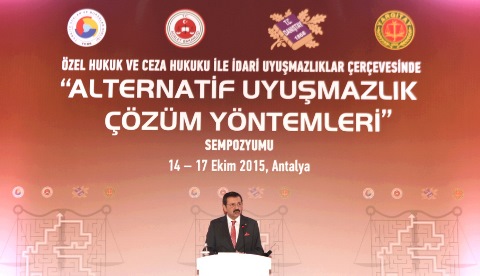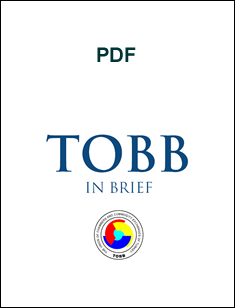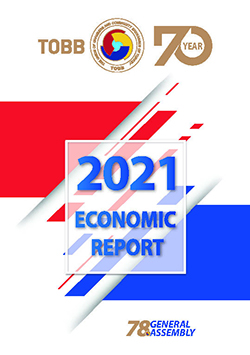Hisarcıklıoğlu announced the Alternative Conflict Resolution Methods Symposium Final Declaration

17.12.2015 / Ankara
The Alternative Conflict Resolution Methods Symposium Final Declaration was announced by TOBB President M. Rifat Hisarcıklıoğlu during the symposium in Antalya taking place between the 14th and 17th of October, 2015, which aims to lower the workload of the judicial system through the efforts of the Court of Appeal, Council of State, Ministry of Justice and the Union of Chambers and Commodity Exchanges of Turkey.
TOBB President Hisarcıklıoğlu stated that alternative conflict resolution methods are crucial for the modern judicial system, emphasizing that this will lower the workload of the system.
Hisarcıklıoğlu reported that solutions for present problems in this field have been discussed throughout the event split between 3 sessions and 14 separate workgroups which include members of the high judicial officials, judges, public prosecutors, Ministry of Justice bureaucrats, academics, public servants and the representatives of civil society organizations.
In summary, the final declaration emphasizes the need to raise awareness for mediation and to spread its use as well as requiring the party unwilling to attend arbitration to take on the legal costs of court proceedings. It is necessary to establish and actively use Arbitration Centers in courthouses.
It should be mandatory up to a predetermined financial level to first resort to mediation and arbitration in commercial cases. It should also be reiterated that only law graduates should be able to become mediators. Additional legislative measures were also suggested, including cases with the public administration as a party.
It is suggested that mediation be mandatory in employment disaccord and reinstatement cases, with high level executives being able to make arbitration agreements in all instances of business disaccord.
The final declaration also touches on many other matters such as the effects of alternative conflict resolution methods’ effects in regards to social security and the changes necessary in the legislative framework in addition to small debts, penal law, domestic law, consumer law, internal taxes and public servants, zoning, expropriation, conflict in regards to entailed land as well as conflict stemming from the sanctions of high councils.
Your message has been sent
Thank you |




